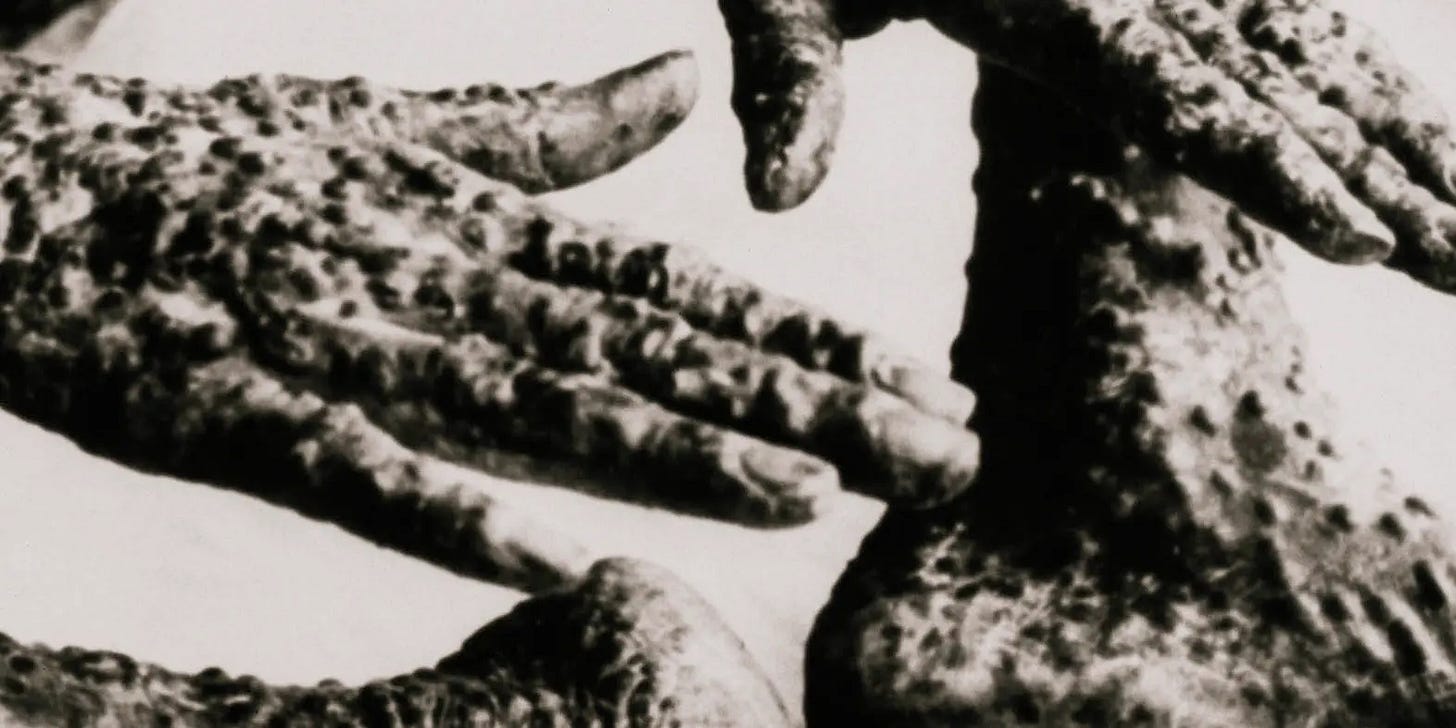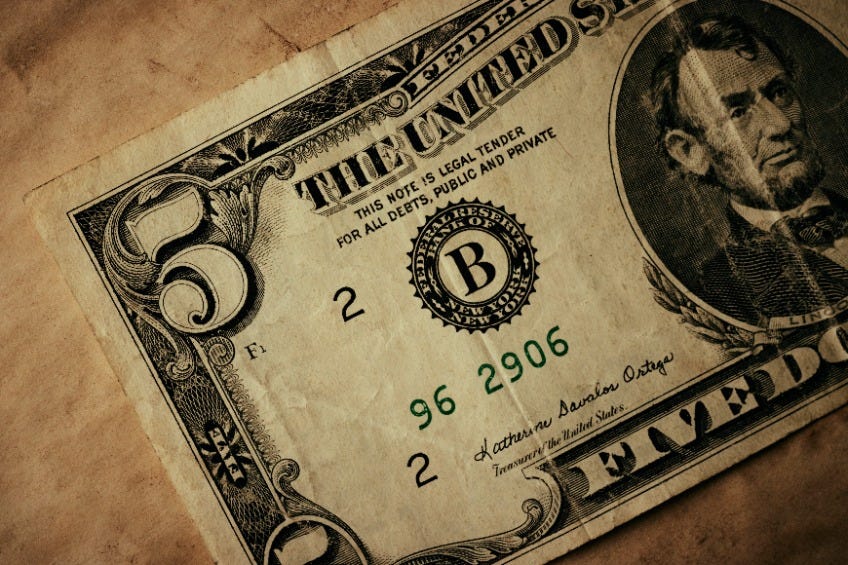Today In Black History
Enslaved African teaches the first successful treatment for smallpox.
Issue #508 Today In Black History, Wednesday, February 21, 2024
Today’s Black History WOW!
Photo Credit: Getty Images
Onesimus was an African man who was instrumental in the mitigation of the impact of a smallpox outbreak in Boston, Massachusetts. He was enslaved and, in 1706, was given to the New England Puritan minister Cotton Mather, who renamed him “Onesimus” after an enslaved man in the Bible whose name meant “useful.”
The first enslaved people had arrived in Massachusetts in 1638, and by 1700, about 1,000 enslaved people lived in the colony, most in Boston.
The smallpox epidemic of 1721, particularly in and around Boston, was different than any that came before it. Sickness swept through the city, killing hundreds in a time before modern medical treatment. Smallpox destroyed Native communities that, with no immunity, were unable to fight off the virus.
Onesimus told Mather that when in Africa, he had smallpox, but then he didn’t. He explained the procedure which consisted of rubbing pus from an infected person into an open wound on the arm, so the symptoms would be milder but still confer immunity.
Once the infected material was introduced into the body, the person who underwent the procedure was inoculated against smallpox. It activated the recipient’s immune response and protected against the disease.
Onesimus introduced Mather to the principle and procedure of the variolation method of inoculation to prevent the disease, which laid the foundation for the development of vaccines. After a smallpox outbreak began in Boston in 1721, Mather used this knowledge to advocate for inoculation in the population.
However, white colonists were reluctant to undergo a medical procedure developed by or for Black people. Mather “was vilified” and other preachers argued that it was against God’s will to expose his creatures to dangerous diseases.
But in 1721, Mather contacted Zabdiel Boylston, the only physician in Boston who supported the technique. Dr. Boylston inoculated his son and his enslaved workers against the disease. Then, he began inoculating other Bostonians. Of the 242 people he inoculated, only six died—one in 40, as opposed to one in seven deaths among the population of Boston who didn’t undergo the procedure.
By 1722, because of the teachings of an enslaved African, inoculation decreased the mortality rate from 17% to 2% of the infected population.
It is believed that General George Washington also used this procedure, as smallpox was killing more of his soldiers than gunshots.
The original procedure taught by Onesimus helped set the stage for vaccination. In 1796, Edward Jenner developed an effective vaccine that used cowpox to provoke smallpox immunity. It worked. This practice spread to other colonies, and eventually, smallpox vaccination became mandatory in Massachusetts.
In a 2016 Boston magazine survey, Onesimus was declared one of the "Best Bostonians of All Time".
This historical event sheds light on the often-overlooked contributions of Black individuals in shaping medical practices and advancements.
Today In Black History
- In 1804, Lemuel Haynes, a Revolutionary War veteran and the first Black minister for a white congregation, became the first Black person to receive an honorary degree (Master of Arts) from a white college (Middlebury College).
- In 1862, the Constitution of the Confederate States of America went into effect.
- In 1895, the North Carolina Legislature adjourned for the day to mark the passing of Frederick Douglass.
- In 1961, Black inventor Otis Boykin received a patent for the electrical resistor now used in all guided missiles and IBM computers.
- In 1965, 39-year-old Malcolm X, a former minister in the Nation of Islam, founder of the Organization of Afro-American Unity (OAAU), and a civil rights activist, was murdered in the Audubon Ballroom in New York City.
- In 1970, the Jackson 5 made their TV debut on “American Bandstand.”
The “Comments” feature has been disabled. Instead, let’s discuss these facts in our community on Substack Notes. You can also read other Substack publications without subscribing to them when you join Notes.
This post is free to read/listen to for three days after publication. To have 365 24/7 access to all our posts and podcast episodes and financially support “We Are Speaking” for no more than $5 per month, please subscribe at the paid level. You will receive a 7-day FREE trial!






